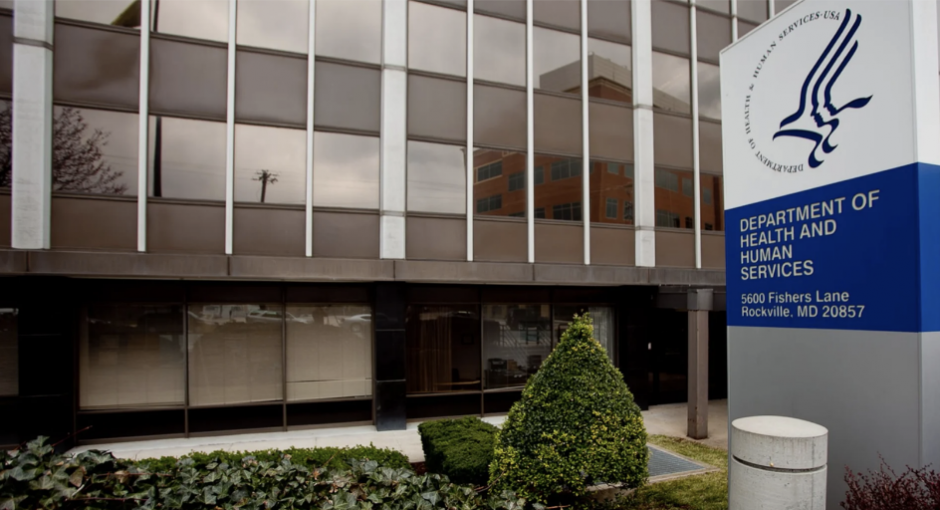In a major organizational change, the U.S. Health Resources and Services Administration (HRSA) has redefined the job of Director of the Office of Pharmacy Affairs (OPA), the HRSA unit that runs the 340B program.
For the first time in 340B program history, the next OPA director might not have a pharmacy degree nor be a licensed pharmacist. The federal government description for the directorship has been changed from Supervisory Pharmacist to Supervisory Public Health Analyst.
According to a long-time 340B observer, all previous OPA leaders were pharmacists. Attorney William von Oehsen, who has been involved with the 340B program since its inception, said all were.
Krista Pedley, Jimmy Mitchell, and their predecesors were also U.S. Public Health Service (PHS) officers. Pedley is a U.S. assistant surgeon general and an active PHS rear admiral. Mitchell was a retired PHS captain. The OPA director’s job then and now is open to PHS Commissioned Corps officers, however, others are welcome to apply.
Veteran 340B stakeholders say the change signals that the person picked to succeed Pedley as permanent OPA director may be very different in education and work experience than those who have held the job before.
“Being a pharmacist is a very different set of skills than being someone who knows about public policy, politics, and legislation,” said a 340B government relations expert and former federal employee. “There are not a lot of people with both of those sets of skills.”
“It takes a certain personality to be a pharmacist, and it could be hard to find a pharmacist who also could be manager and leader of something like OPA,” an executive at a 340B-related business said. “I think it could be helpful to have someone from a different background in that job, someone who might bring in fresh ideas.”
OPA has been without a permanent director since Pedley was promoted to be director of HRSA’s new Office of Special Health Initiatives (OSHI) in August. Michelle Herzog, Pedley’s long-time second-in-command, has been running OPA on an acting basis.
HRSA posted a notice about the OPA director job vacancy on Aug. 30 and accepted applications through Sept. 14. The job announcement was for a pharmacist, which precluded Herzog from consideration. HRSA reposted the job this Monday, Nov. 8, and is accepting applications through Nov. 23. The change in job classification from pharmacist to public health program specialist means Herzog and many others now qualify to apply.
People knowledgeable about HRSA’s internal affairs say the fact that the job was reposted probably means that the first list of finalists that the U.S. Office of Personnel Management (OPM) presented to HRSA was deemed unsatisfactory.
It is not known when and why HRSA decided it was unnecessary for the OPA director to be a pharmacist. Pedley is a pharmacist, and her new job at OSHI includes overseeing OPA. So, OPA will still be overseen by a pharmacist, only this time by someone one layer above in HRSA.
It is possible that U.S. Health and Human Services Department (HHS) upper management decided that, given the fallout from the fight over 340B contract pharmacy, OPA at this time would be better led by a public policy expert rather than by someone largely with clinical experience.
UPDATE Friday, Nov. 12, 2021, 12:30 p.m. EST—In response to a question asked before this article was published, HRSA today said that “the OPA Director has not always been required to be a pharmacist. The prior two Directors have been pharmacists.” As we reported originally, according to attorney William von Oehsen who has been involved with the 340B program since its inception, the OPA directors who preceded the most recent two also were pharmacists.


